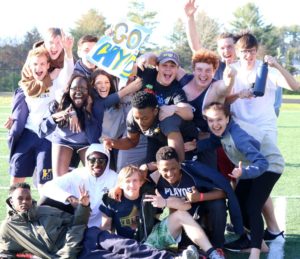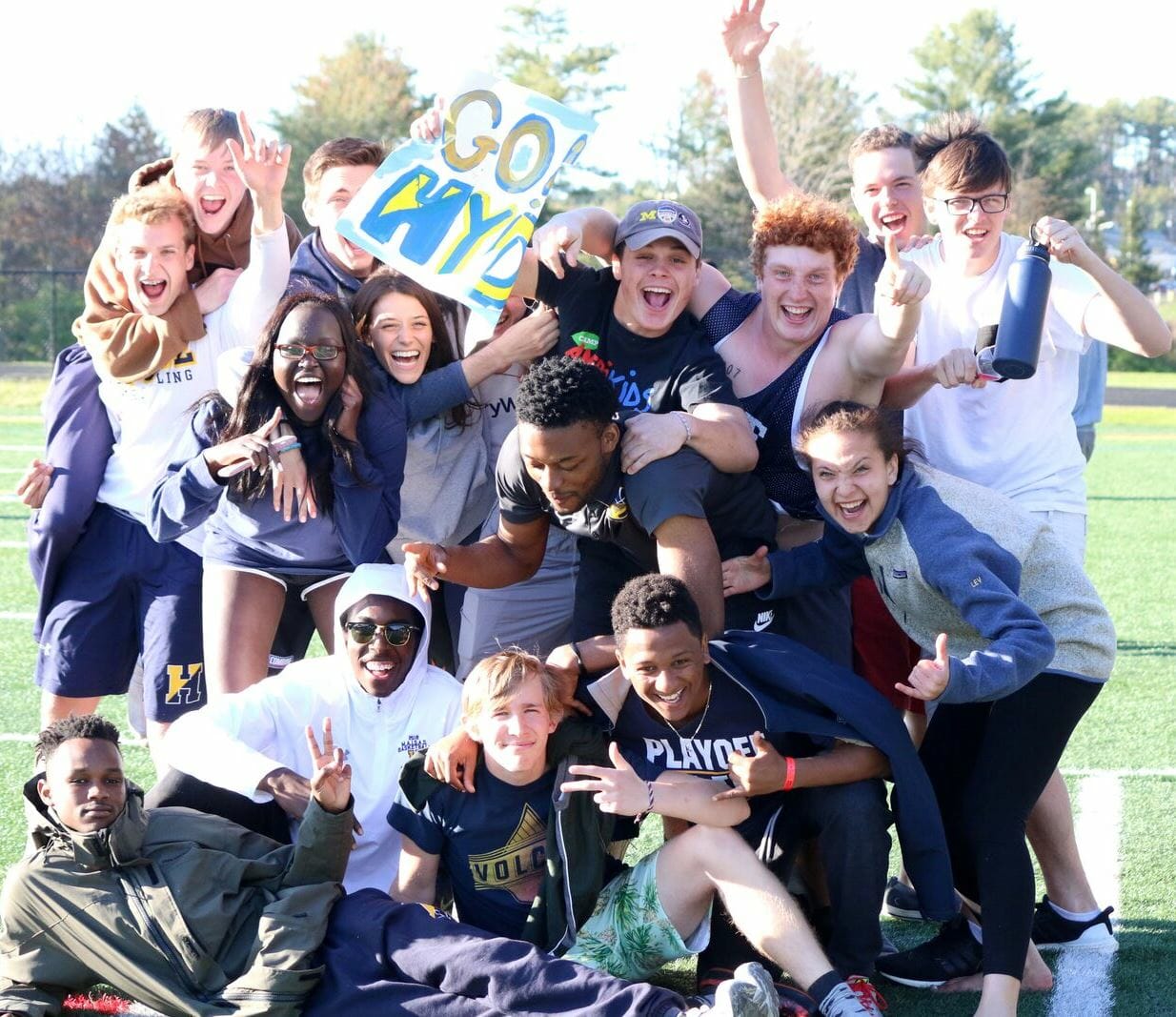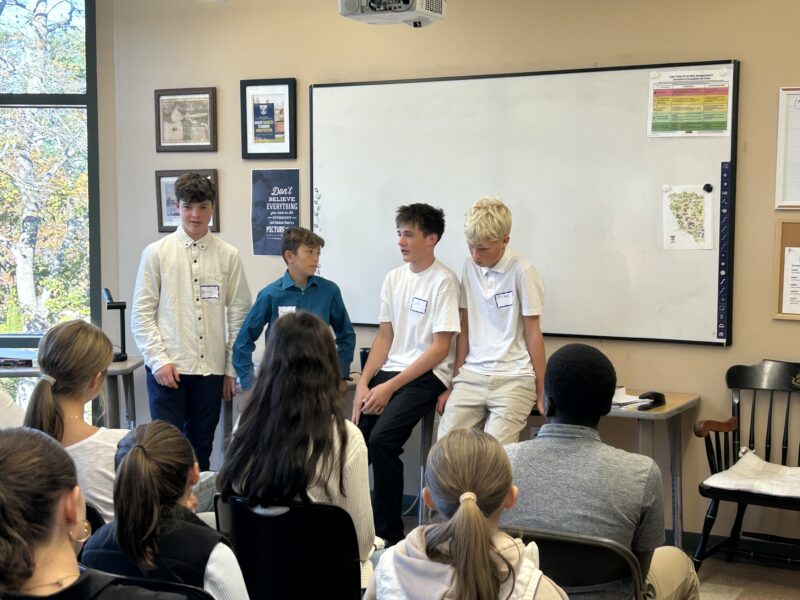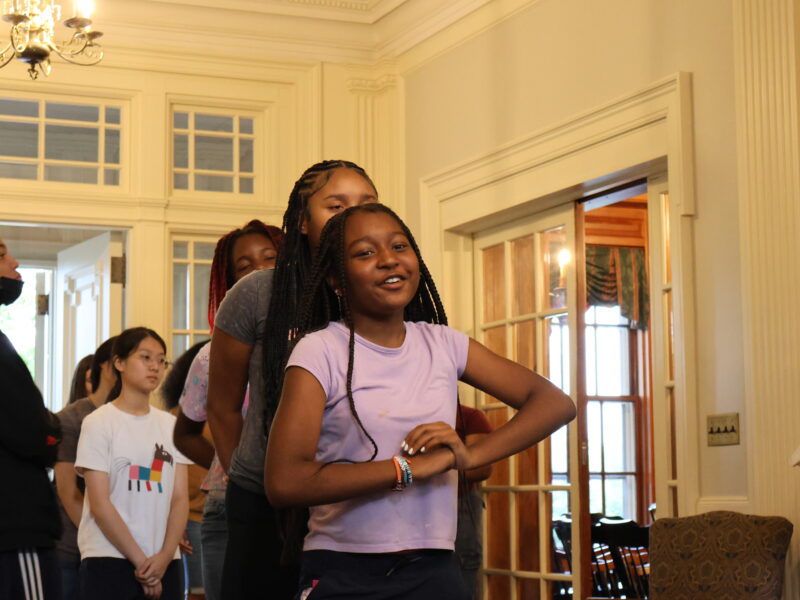
If you fall in with the Baby-Boomer age range, the title of this post might well trigger memories of the classic 1976 Saturday Night Live sketch where Dan Ackroyd, Chevy Chase, and Gilda Radnor (RIP) satirize all commercials of their day with their spoof send up of the fictitious product New Shimmer. (If you have a Trivial Pursuit mindset, you may recall that the sketch hijacked the structure of the old Certs commercials. Q: Is Certs still a thing?) Anyway,
Wife (Gilda): “New Shimmer is a floor wax!”
Husband (Ackroyd: “No. New Shimmer is a dessert topping.”
Wife (With increasing intensity): “It’s a floor wax!”
Husband (Matching Wife’s intensity): “It’s a dessert topping!”
Before long, New Shimmer “Spokesman” (Chase) interrupts this heated spousal argument with “Hey, hey, hey, calm down, you two. New Shimmer is both a floor wax and a dessert topping!”
As a young Hyde teacher in the 1970s, one of my earliest career objectives was to be trusted enough by the school’s leadership to conduct admissions interviews. (To provide some historical context, at that time, the admissions interview was the sole criterion for admission. Not only was it par for the course for an interview to take several hours, it was not uncommon for a prospective family to have multiple interviews.) I saw it as both a big challenge and a major responsibility. (Still do.) Simply being approved to conduct them meant a great deal to me in terms of a professional rite of passage. (Still does.)
Forty-four years and hundreds of kids and parents later, I have come to one conclusion in response to the oft-asked question about the ideal Hyde School family: In the end, you’ve got to reach for something beyond what you think you want. It really is that simple.
Returning to the seller/customer dynamic portrayed in the SNL commercial, one common recurring conflict in the interviews I have conducted has been that of trying to pair what I believe is a holistic program/process/culture/way of life (take your pick) with potential “customers” whose focus might be, shall we say, riveted on perhaps a more curative mode where they are seeking resolution to specific adolescent or familial attitudes and/or behaviors. To compound matters, it is not always clear at the interview where people actually are, what they truly want, or how they might act if enrolled. (As I often say to the faculty, “We are trafficking in human behavior, an unpredictable enterprise at best!”)
After students and families enroll, I have repeatedly observed an either/or dynamic that goes like this:
– Stay focused on the issues or problems that led you here and you may well miss out on the deepest value of the experience.
– Dive into the whole thing in a holistic way and you may well: 1) Discover new strengths, interests, and purposes; 2) Find that a lot of the attitudes/issues/problems that initially led you to 616 High Street may well fade into the rear view.
Put more simply: Those who find that they want more than they thought they wanted tend to buy in more deeply than they had expected. More than a few have unexpectedly wound up as faculty members, board members, and even future Hyde parents. (Fun Fact: As of this writing, there are six current Hyde parents who might not have imagined that they would someday have children at Hyde when they were enrolled as students in the early 1990s.) Those who remain focused on getting their problem might well miss out on value-added aspects of the Hyde experience.
Translated to any school, if the faculty truly focuses on a deep sense of purpose — and can inspire kids and their parents to do the same — a school will experience minimal problems with things like bullying, littering, and general disrespect. If it focuses on stamping out bullying, it will either feel as though it is never quite getting “there,” or the bullying may mutate into some other undesirable attitudes or behaviors.
Again, sometimes you gotta reach for more than you think you want.
Onward, Malcolm



